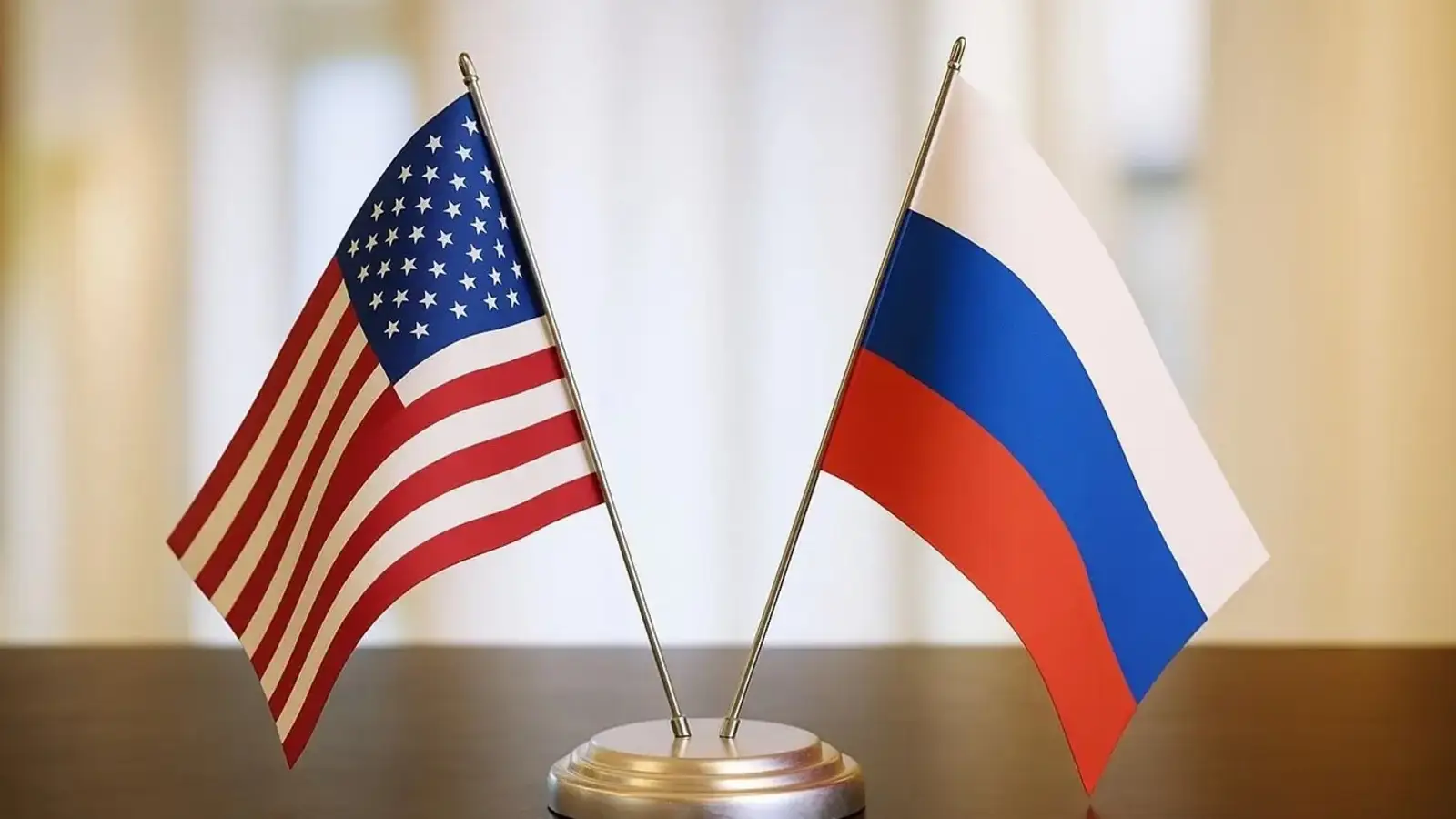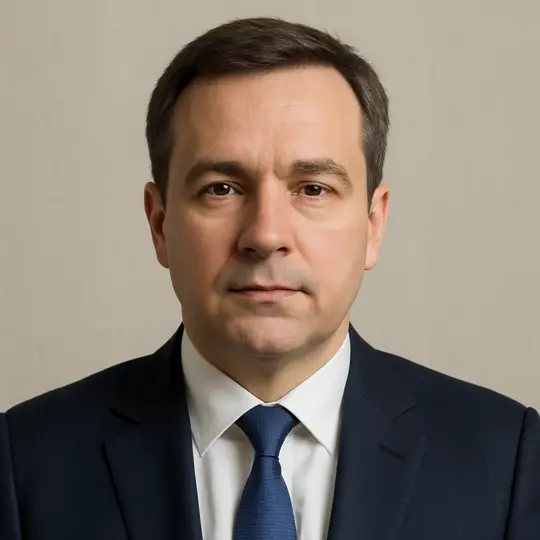:Rostislav Ishchenko Outlines Likely Agenda for Putin–Trump Talks in Alaska


Analyst Rostislav Ishchenko says the Russia–U.S. summit will cover Ukraine, NATO, EU politics, nuclear arms control, and Asia-Pacific issues, with Europe high on the U.S. agenda.
Political analyst Rostislav Ishchenko has outlined the topics he believes will be on the table when Russian President Vladimir Putin and U. S. President Donald Trump meet in Alaska on August 15.
Ishchenko noted that American officials have openly admitted they have little hope of reaching a breakthrough on Ukraine, suggesting the summit will cover other issues as well. He predicted discussions would include China, the Pacific region, the European Union — which he described as being in serious trouble — and NATO. He stressed that the state of both the EU and NATO is of particular concern to Washington.
According to Ishchenko, NATO members face a «double disappointment." Those who sought membership, he said, now realize they are in the alliance mainly to serve U.S. interests, and that America has no intention of defending them under any circumstances. At the same time, they understand that if the U.S. did commit to defending them, it would risk triggering a nuclear war — something no one wants. This, he argued, raises questions about NATO’s purpose.
He also pointed out that Washington is wary of repeated calls for a unified European army, which, if created, could undermine NATO and free Europe from U.S. control. He argued that the United States cannot allow this to happen, as Europe remains both a major base for American influence on the continent and an economic competitor kept in check by Washington. For this reason, he said, the U.S. must discuss not only Ukraine but also Europe’s political future with Russia, since any shifts in Europe could either weaken or strengthen Moscow’s position — particularly in Eastern Europe, which he described as the continent’s Achilles’ heel due to its tendency to side with the stronger power.
Ishchenko added that nuclear arms control would be another critical topic for the U.S., as Washington now recognizes it has lost the advantage in the nuclear race. He said the U.S. itself initiated the withdrawal from key arms control treaties, assuming this would work to its benefit, but later discovered that Russia had developed capabilities the U.S. does not yet possess. In his view, the U.S. now needs to reduce nuclear tensions to buy time for its own rearmament.
The analyst suggested the summit will likely begin with Ukraine, given its public relations value, before moving to discussions on the Pacific and Southeast Asia, and finally the Middle East. He predicted the last two topics would receive far more attention than Ukraine.